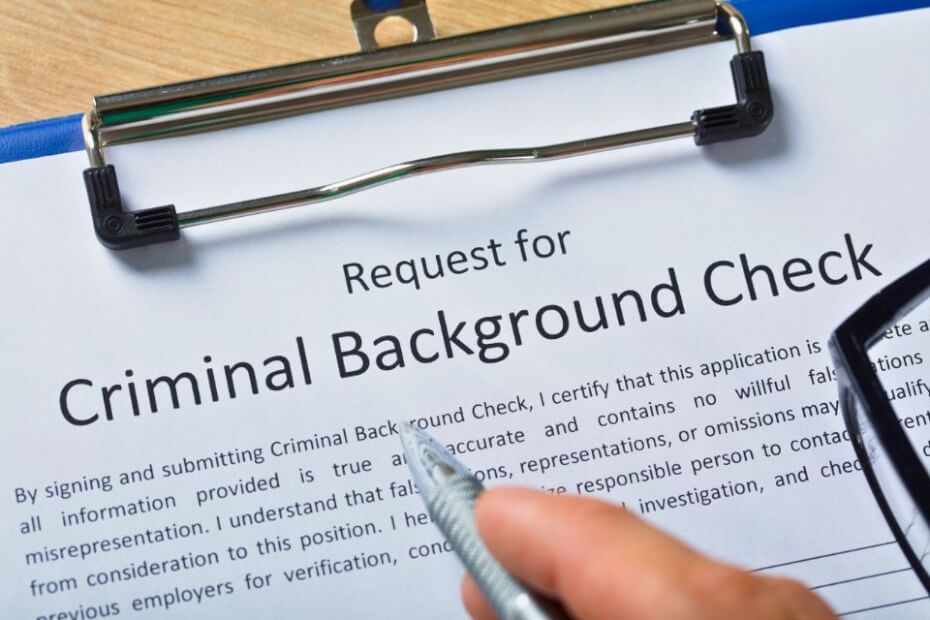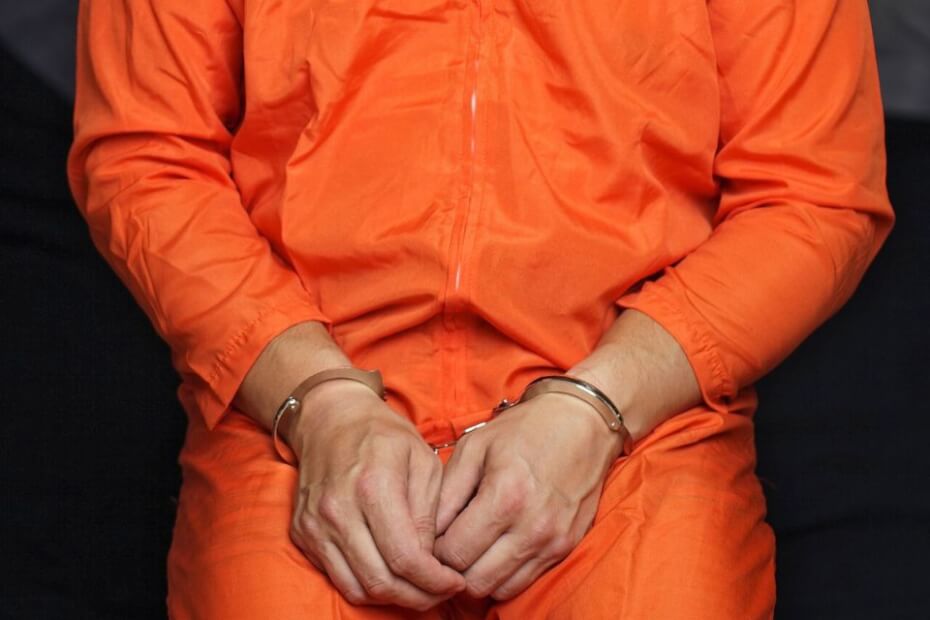
The United Kingdom (UK) Government has introduced stricter rules requiring criminal record certificates for certain visa applicants.
Announced on 11 December 2024, the changes aim to improve public safety and transparency in the immigration process.
The updates ensure that individuals with serious criminal convictions cannot enter the UK, addressing long-standing gaps in the visa system.
New visa rules on criminal record checks
The new rules state that individuals applying for specific categories under the UK Skilled Worker route must submit a criminal record certificate.
It must include all countries except the UK, where the applicant has lived for at least 12 months, whether continuous or not, in the last 10 years, starting at age 18.
Dependants over age 18, applying alongside or separately from the main UK visa applicant, must also meet this criterion.
Visa applicants to the UK must declare criminal convictions and will be checked against police databases and immigration records.
They may be denied if they have a criminal conviction or a history of serious or persistent offenses, or if they fail to disclose convictions.
The new rules primarily impact those applying for jobs in sensitive fields such as healthcare, education, and social care.
Roles such as doctors, nurses, teachers, and social workers now require criminal record checks as part of the visa process.
Employers in these industries must ensure that candidates meet the requirements.
While not mandatory in other sectors, conducting similar checks is considered best practice to ensure safety and trust.
Addressing previous criminal record gaps
The new measures address significant loopholes in the UK visa application system, as per The Telegraph.
Before, applicants only needed to self-declare their criminal history, allowing some with serious convictions to enter the country more easily.
Data from the UK’s ACRO Criminal Records Office (ACRO) highlights the issue.
From 2021 to 2023, checks revealed cases where foreign nationals in the UK with serious prior convictions like murder, rape, and child sexual abuse in their home countries.
Shadow Home Secretary Chris Philp emphasized the importance of stricter visa controls on individuals with serious criminal pasts.
“It is vital where foreign nationals are found to have committed serious offenses here or elsewhere that they are rapidly returned to their country of origin.,” he said.
He stressed, “We can’t have known foreign criminals roaming our streets.”
How to obtain a criminal record certificate

For overseas employment or visa applications, ACRO provides police certificates that verify UK criminal history
Applicants seeking to work with children abroad can obtain an International Child Protection Certificate (ICPC) to check UK and international criminal records.
UK visa applicants must request criminal record certificates from relevant authorities in the countries in which they have lived.
Information on obtaining a criminal record check from relevant authorities abroad can be found on the UK Government website.
However, it is not always possible to get a criminal record certificate for two reasons:
Some countries do not have a fully functioning or reliable criminal record database.
Additionally, other countries refuse to provide these to anyone other than their own citizens.
If a certificate cannot be provided, applicants must explain the situation and prove that they made reasonable attempts to secure the document.
The UK Visas and Immigration (UKVI) may consider this explanation against the conditions in those countries and decide to waive the requirement.
If UKVI believes a criminal record certificate can be obtained from those countries, but the applicants fail to do so, their application will likely be refused.
If the UKVI waives the requirement, employers must collect as much reference information as possible before making the job offer.
Challenges and concerns
The new policy has raised concerns about processing delays and the authenticity of criminal record certificates.
A former Border Force officer noted that obtaining such certificates could significantly slow down the visa process.
“It’s tricky because it would bring the visa system to a grinding halt in places like India and Pakistan due to delays in obtaining these certificates,” the officer told The Telegraph.
Another issue is the potential for forgeries, which the government has vowed to address by improving document verification processes.
It has also promised to enhance cross-border cooperation on criminal record sharing with other countries.
Learning from past mistakes

The need for stricter measures became evident through several high-profile cases under previous rules.
For instance, Michael Podlaszczyk, who had a prior manslaughter conviction in Poland, entered the UK and committed rape.
Similarly, Vytautas Jokubauskas, who had a murder conviction in Lithuania, was later convicted of another murder in the UK.
These cases highlight the importance of robust criminal background checks to prevent repeat offenses and protect public safety.
The updated visa rules represent a significant step forward in addressing vulnerabilities in the UK’s immigration system.
The government aims to balance security and transparency by requiring criminal record certificates.
Applicants and employers must familiarize themselves with the changes to ensure compliance.
With careful implementation and ongoing monitoring, these measures could make the UK immigration system safer and more effective.

